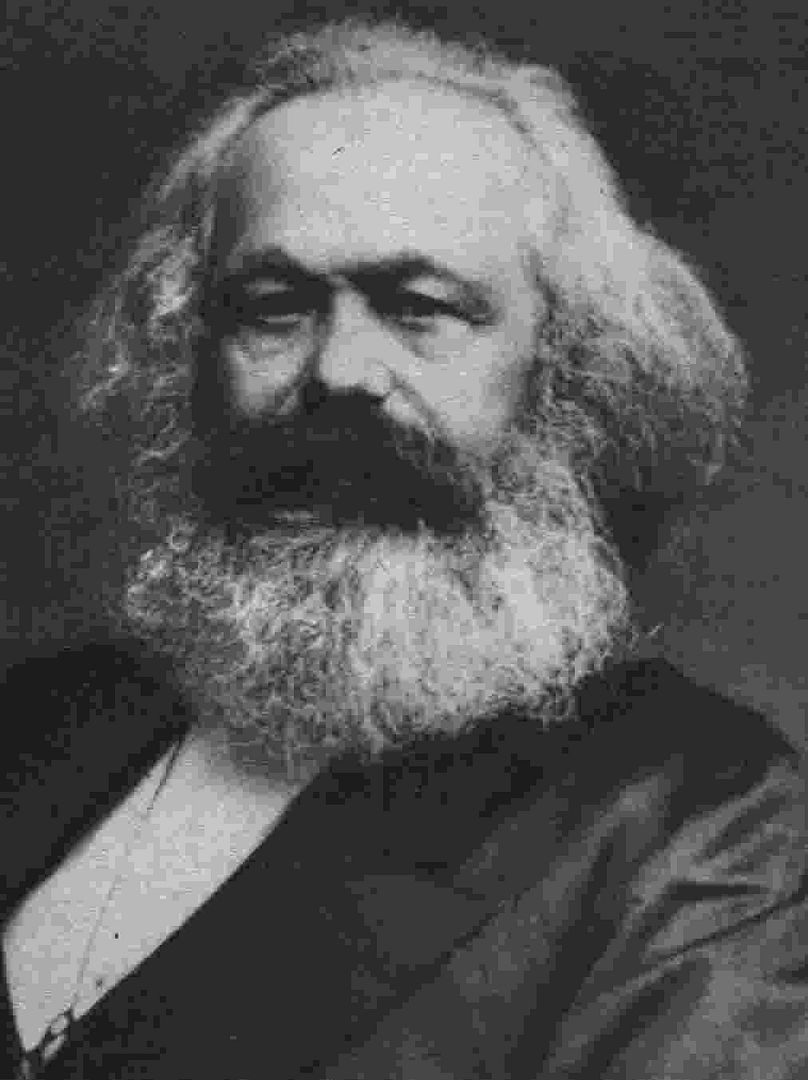Happy Birthday, Uncle Karl!

Today we celebrate the birthday of one of the greatest philosophers who has ever lived: Karl Marx.
According to Marx, praxis is the principle of actualized subjectivity in that it is the passionate will which drives man to transform material reality and to create for himself a world. Praxis is man's essential being, and it is his way of dwelling in the world. This idea, borrowed from Aristotle and German Idealism, is the theoretical backdrop against which we must understand Marx's later analysis of capital and his call for world revolution.
Man creates a world and is in essence a world-builder, but owing to primitive and inadequate organization of society and economy, this activity is alienated from man. Rather than elevating man, it reduces him to misery. Rather than appearing as part of his being, work appears as the imposition of the bourgeosie. And insofar as the inadequate form of production is universal, in the form of a world market, misery becomes nearly universal.
The act of willing brings about a change in the world, i.e., it produces a world market, but it also brings about a universal change in man: his misery, and finally his recognition that, as the proletariat, as the class, he is, with all his fellow workers, the subject of history.
Subjectivity is praxis, praxis is the activity of the proletariat, and therefore subjectivity is the actual, material proletariat.
Here's to you, Uncle Karl! Happy birthday!